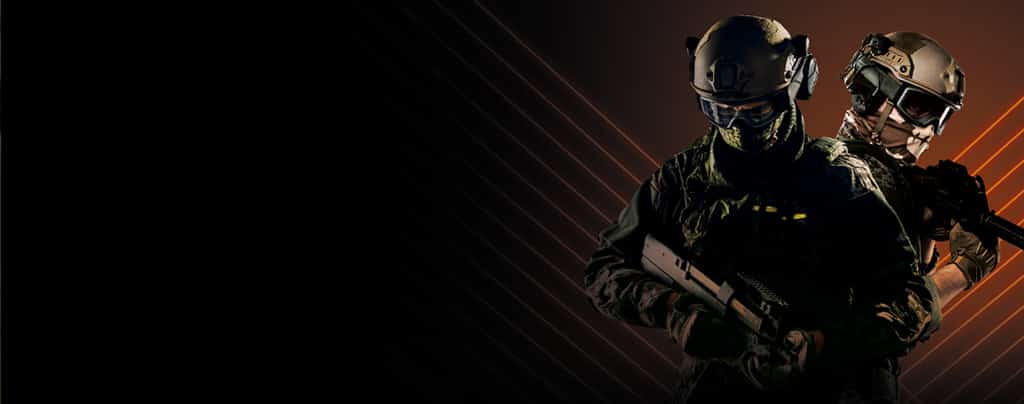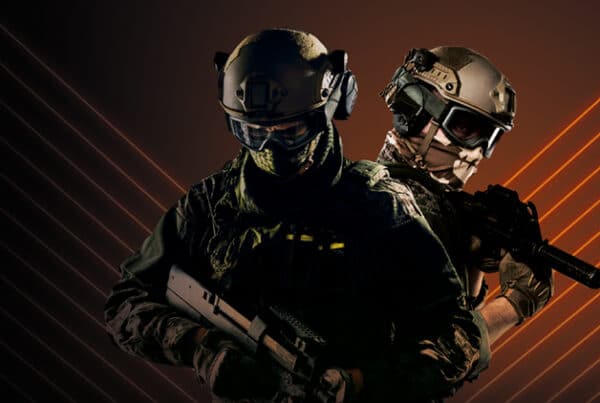G3 sat down with one of our Competitive Gaming Referees to discuss their role within SIS Competitive Gaming.
How difficult is it to get into esports?
It’s difficult to get into any kind of esports role, especially in the UK. You either need to be scouted as a really good player or be local to an event. After some time, we found out about SIS Competitive Gaming coming to Manchester which would be open 24/7 and they’d need people in every role.
During my time studying at University, I co-founded an esports society because there was an abundance of people who wanted to play games on a more professional level. There are days where a group of us discuss how unreal it is to get paid for doing what we love. Esports has come a long way – five years ago this would have been seen as a fallacy.
How did you train to become a referee?
All our referees are trained in line with ESIC (The Esports Integrity Commission) guidelines. Integrity is a key feature of SIS Competitive Gaming and we have a comprehensive set of guidelines we adhere to. In conjunction with ESIC we are adapting these due the product being such a new product it is evolving over time as the product develops and matures.
How many games do you officiate on a typical day?
About 20 games. For our CS:GO offering it’s Wingman 2v2 on different maps meaning an average match should run around 15 minutes depending on the match-ups and gamer calls so we allot 20 minutes for each.
Are you a specialist in one particular game or do you work across multiple titles?
All referees need to meet a level of expertise to oversee a game. A lot of the things we look out for outside of intentional in-game stuff are all types of different software issue as well as performance level decreases. There is a level of specialism required.
What exactly are you looking out for? What are the signs of potential foul play?
It can be something as egregious as someone running cheat software such as aim bots (automatically aiming for enemy players) through to wall hacks (players can see through walls to enemy positions). As we have access to the raw feed of each gamer screen, we’re alerted immediately to anything like that.
More subtle signs of foul play are players intentionally throwing or misplaying to change the odds. These are a little harder to spot as sometimes gamers can just make a bad play. Anything unusual is reported to shift managers and investigations are actioned post-match to determine whether any integrity issues took place. Further actions will be taken if necessary based on findings.
The PC’s are also locked down so they can only run approved applications and network is restricted so you can only access the game.
Are certain games more susceptible to manipulation than others?
Yes, It’s two-fold because it depends on the game itself and how the developers have built the title. Some games have a lot of in-built software to weed out cheaters and hard-block other software, whereas others are more open source. It’s easier to spot integrity issues in a shooter but for sports titles it’s more difficult. At SIS, we have created an environment with lots of steps in place to spot breaches of integrity and have processes in places to investigate and take action very quickly if required.
What issues does operating 24/7 pose?
Big arena events have no internet connection worries, last just a few hours and have loads of technicians onsite. With SIS Competitive Gaming running 24/7 there are a multitude of things we have to keep on top off to ensure high-quality service from server equipment to UI.
It’s a totally different situation to running a short, live event in front of an in-person audience. We are catering to both enthusiast as well as people who are newer to esports, whereas those types of events are filled with fans who adore the game and gamers involved.
We’re trying to get people interested in betting on esports who may never have come across it and this is the reason why the referees are visible – it provides viewers with the assurance of knowing we are there as a watchful eye as the integrity is paramount to SIS.
What’s the workplace environment like?
We use a referral programme, so a lot of people here know each other well. A lot of our gamers have gone to the same universities or have worked together in previous jobs. Some of the best rivalries form out of friendships and as a referee knowing the gamers makes it easier.
Everyone gets along – however when the games start it is a highly competitive environment and our role a referee is vital to the integrity of the matches.
What are your personal aspirations in esports longer term?
Being a ref at major tournaments is a temporary gig whereas being here means I have a steady job in the industry I love whilst still having the flexibility to go and work in those other roles short-term.
Personally, my goal in the long run is to move into the management structure at SIS and help move esports forward. Esports betting is brand new and SIS Competitive Gaming will continue to grow. I’d find it rewarding to create opportunities for others like myself to play games for a living.




